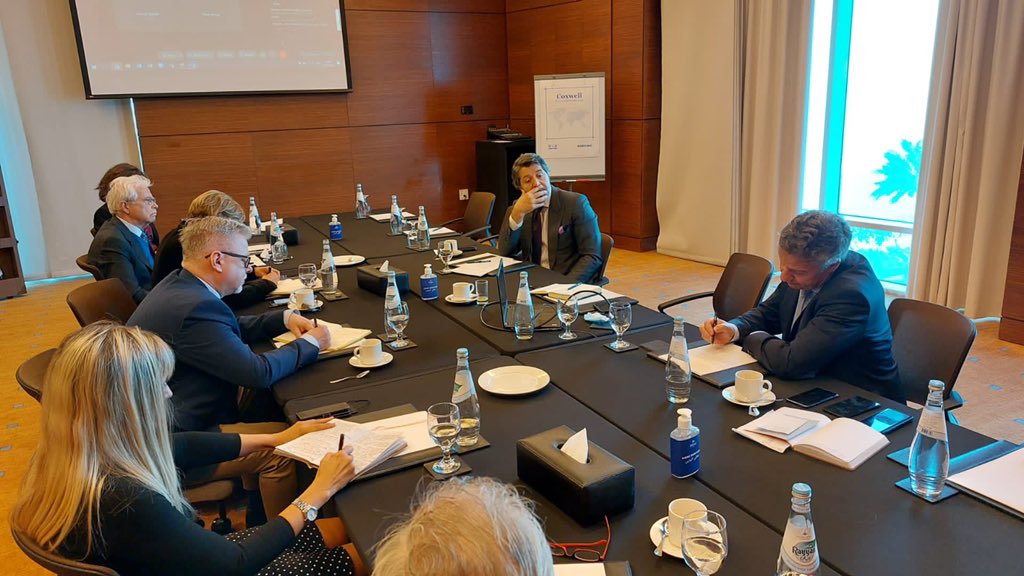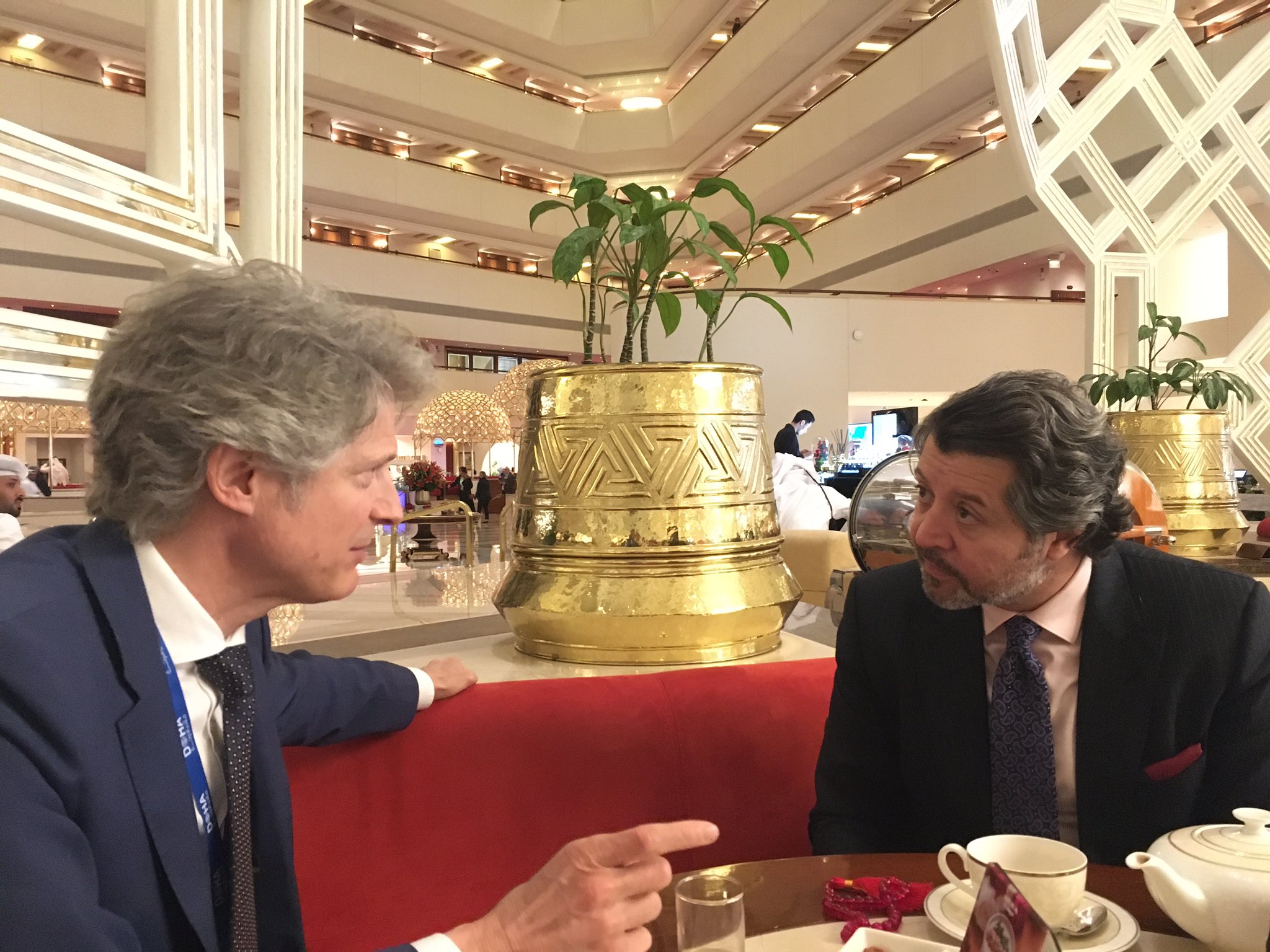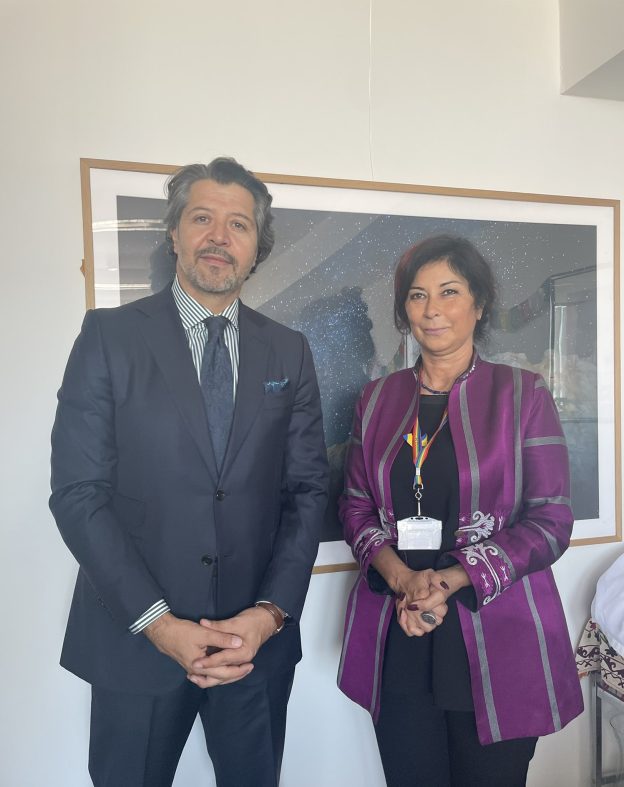Jun 06, 2009
On May 2, 2009, CAPS provided an introductory training presentation to U.S. Embassy staff. The team included Mr. Hekmat Karzai, Director of the centre, Dr. Gerard Chaliand, visiting fellow, Senior Research Analysts Dr. Najeeb Manalai, Hyder Akbar and Abdul Halim Achakzai. The training was attended by senior staff of the American Embassy and USAID, including the acting director of USAID and Deputy Ambassador Francis J. Ricciardone, and Jr. Brigadier General John Nicholson, Deputy Commander of NATO forces in the South.
Mr. Karzai started off a series of presentations by briefly introducing the CAPS team and the work that the research centre has done. He then presented an hour-long introduction to Afghanistan that offered a historical perspective of the country, “History and Revolutions: tough terrain, tough history, tough people”. Mr. Karzai talked about the foundation of Afghanistan as an independent entity, the various transformations the country went through and the lead-up to the Soviet Invasion. The presentation also looked at the various developments that occurred during the Afghan resistance to the Soviets with a close look at the formation of Al-Qaeda as an international terrorist organization and their roots in Afghanistan.
This was followed up with a presentation by Mr. Akbar on contemporary issues in Afghanistan. His first presentation was about the Taliban movement, titled “The Taliban: Tactics, Ideology and Evolution”. He presented on the Taliban regime’s origins and the various conditions in Afghanistan that led to their initial development, including a look at their ideology and connections to the madrassas in Pakistan. He also introduced the evolution of the Taliban from a regime in power to an insurgency. In the end, Mr. Akbar highlighted the strengths and weaknesses of the Taliban as well as how to meet the challenges that Afghanistan is currently facing as a result of the insurgency. Mr. Akbar also presented on the important and critical region of Afghanistan in a presentation titled “Challenges of Southern Afghanistan: Helmand, Kandahar, Uruzgan” which looked at the challenges of this critical region.
Dr. Najeeb Manalai then presented an introduction to Afghan culture. The presentation included a look at Afghanistan’s diverse and multi-ethnic society as well the importance of the code of honor among the Afghans. Dr. Manalai also provided a briefing on the daily cultural aspects; the do’s and don’ts of Afghan culture that can help somebody who is not familiar with certain aspects of Afghanistan to navigate the country easily.
Mr. Karzai then briefed on the insurgency and counter-insurgency in Afghanistan. He focused on the various groups that are fighting against the Afghan government and the efforts to counter them. This was followed by remarks by Dr. Chaliand about counter-insurgency efforts at a broader level. Mr. Karzai ended the session by looking at suicide terrorism in Afghanistanand presenting several case studies from Afghanistan that looked at the motivational factors and environments that produced suicide bombers.





Leave A Comment